Search
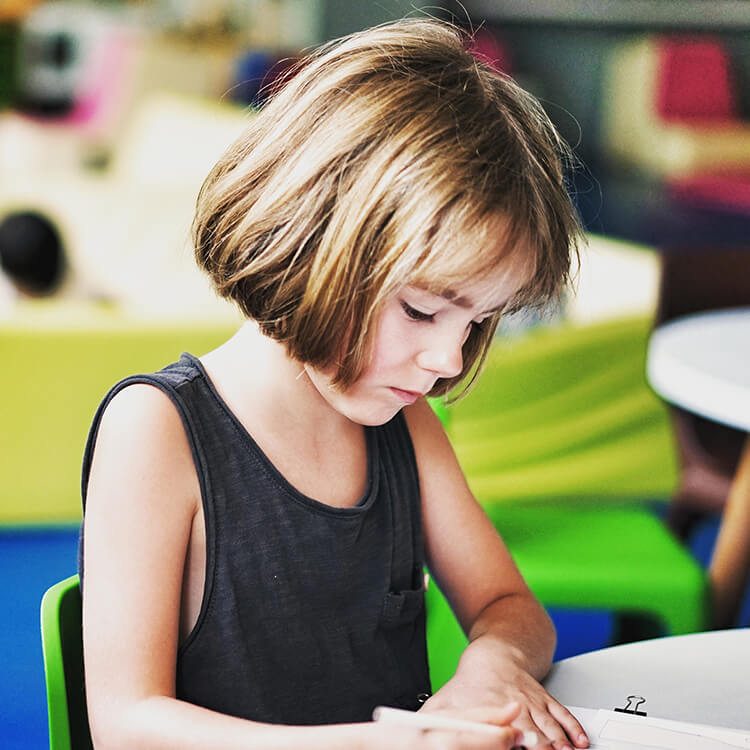
News & Events
Grandparent education linked to grandkids’ NAPLAN resultsThe effects of educational advantage or disadvantage get handed down through the generations according to a new study by researchers at the The Kids.
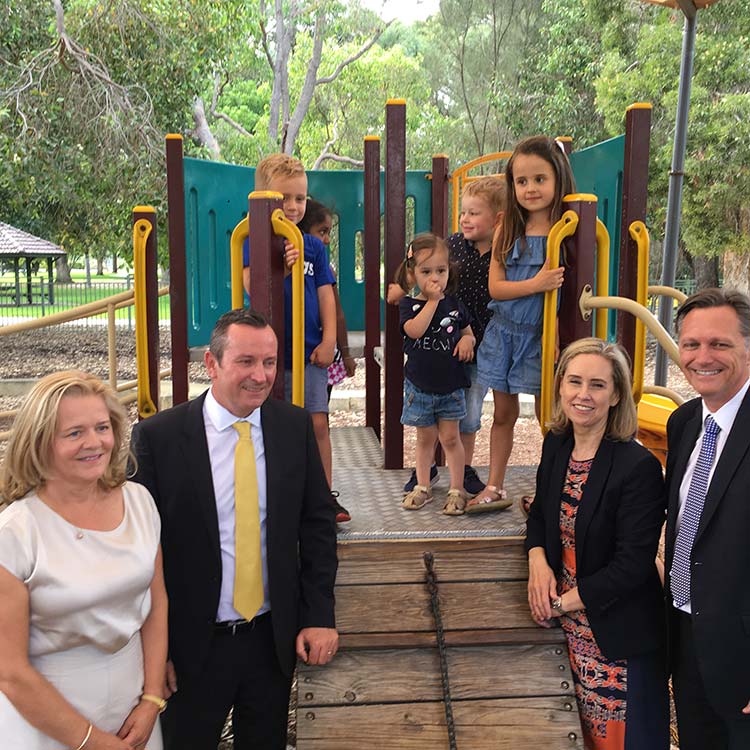
News & Events
Early Years Initiative an unprecedented commitment to youngest West AustraliansMinderoo Foundation and The Kids Research Institute Australia are proud to partner with the Western Australian Government on an unprecedented $49.3 million commitment to

News & Events
The Kids researcher awarded prestigious EU Horizon 2020 grantProfessor Cate Taylor, is part of an International cohort of researchers to secure over €1.45million in grant funding from the EU’s Horizon 2020 programme.
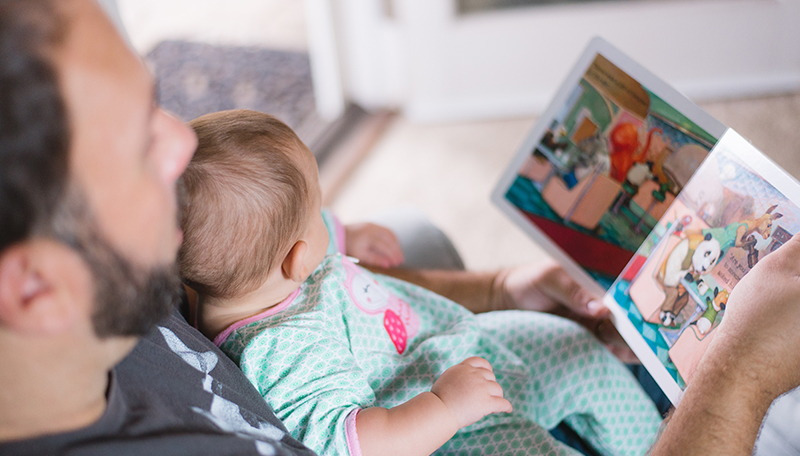
News & Events
Meaningful moments build young brainsReading to your child is one of the easiest, most enjoyable activities you can do as a parent or caregiver.

News & Events
Data reveals important clues about child abuse and neglectResearchers working on the Developmental Pathways Project are determined to find out what makes families vulnerable to child abuse and neglect.
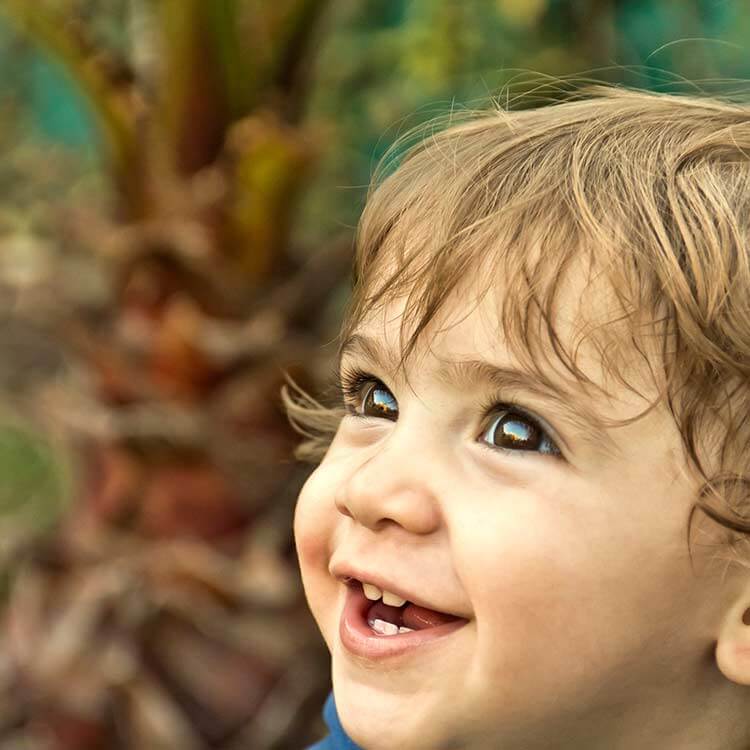
News & Events
The Kids welcomes Minderoo investment in early child developmentThe Kids has congratulated Andrew & Nicola Forrest on their visionary commitment to develop a new blueprint for optimal child development in Aust & beyond.
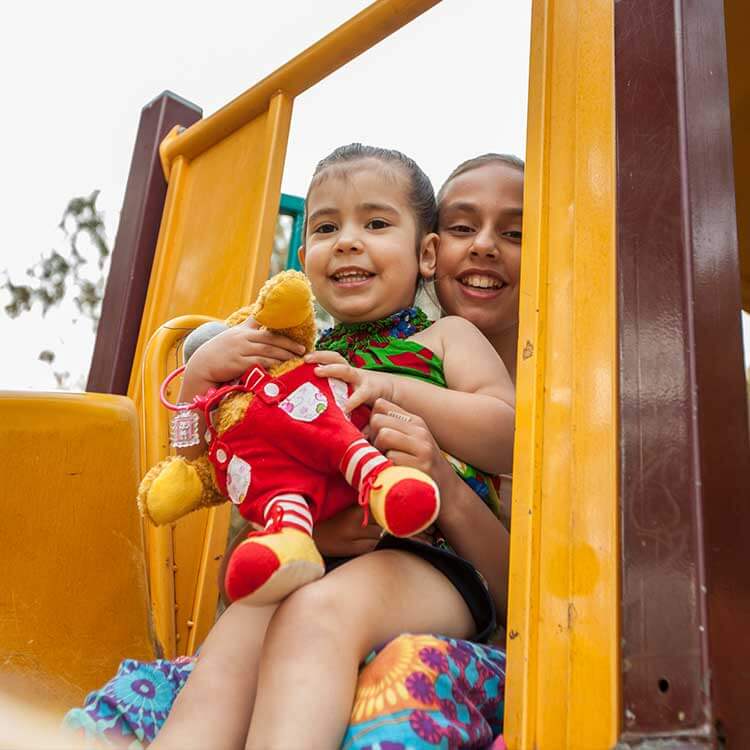
News & Events
Australian researchers join international project to curb unhealthy lifetime trajectoriesAustralian researchers join global effort to better understand how events during pregnancy and childhood influence the development of disease later in life.
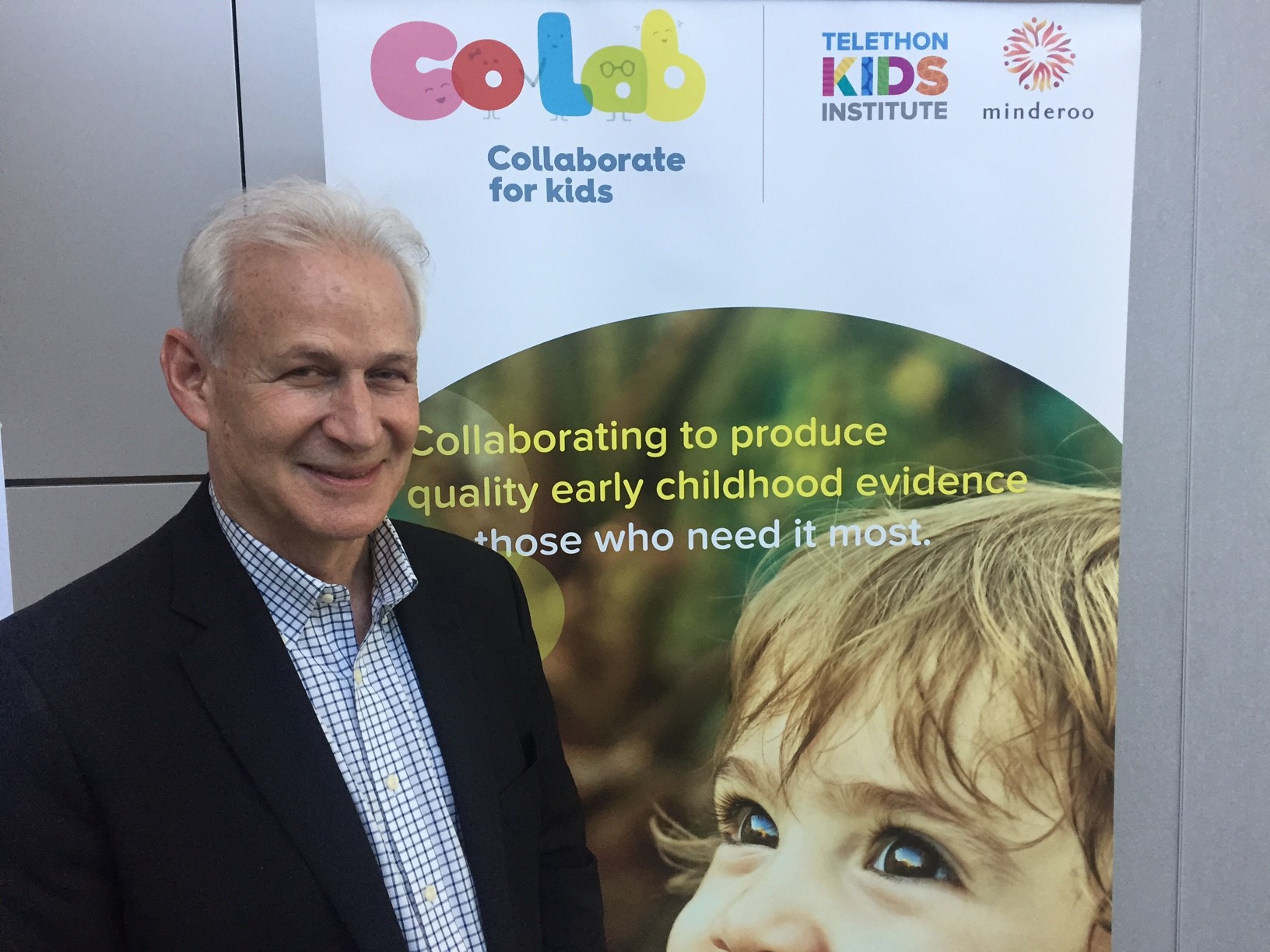
News & Events
International expert to bring together WA leaders to improve outcomes for kidsDr Jack Shonkoff, from Harvard University is visiting Perth this week as a guest of CoLab, Goodstart Early Learning and Child Australia.
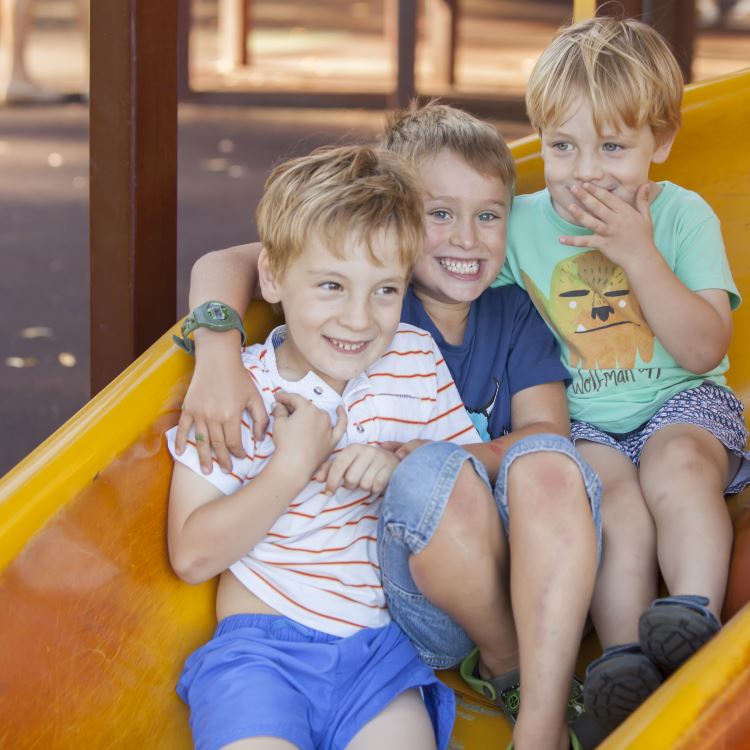
News & Events
Kids who attend playgroup do better at schoolNew research by The Kids Research Institute Australia has found children who attend playgroups achieve better early primary school outcomes.
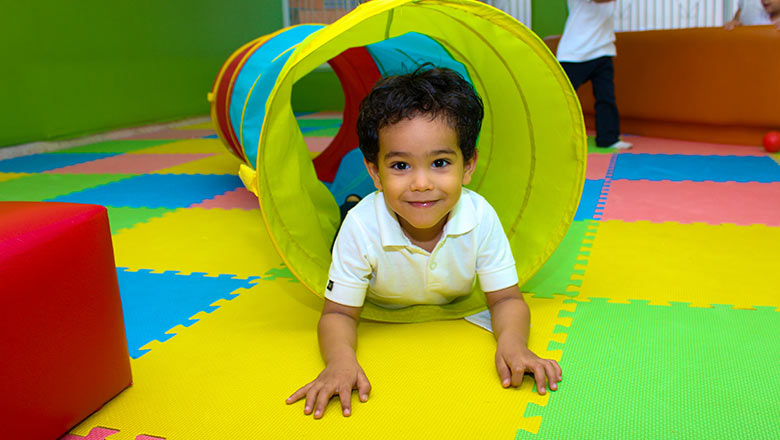
News & Events
Playgroup Week celebrates importance of early childhood interventionNational Playgroup Week, the annual event run by Playgroup Australia, will take place across the country from 20 March to 27 March.
